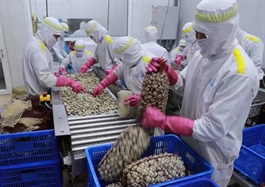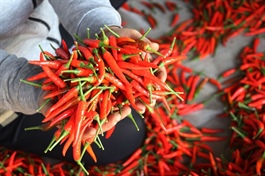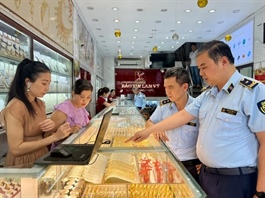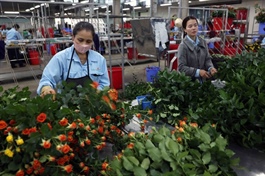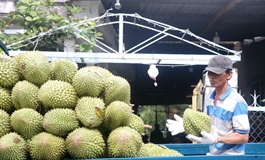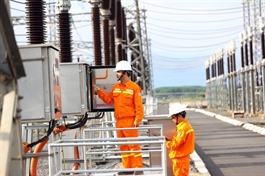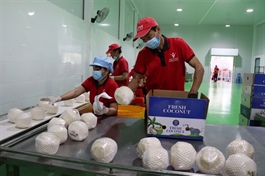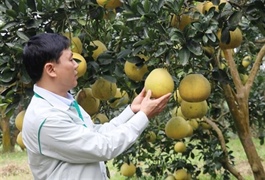Footwear brands make clear unease over elevated tariffs
Footwear brands make clear unease over elevated tariffs
As Vietnam enters key tariff negotiations with the United States, global footwear brands are helping to frame the discussion in terms of supply chain stability.
On April 29, the Footwear Distributors and Retailers of America (FDRA) submitted a letter to President Donald Trump urging the administration to reconsider the scope and impact of newly proposed retaliatory tariffs on footwear imports.
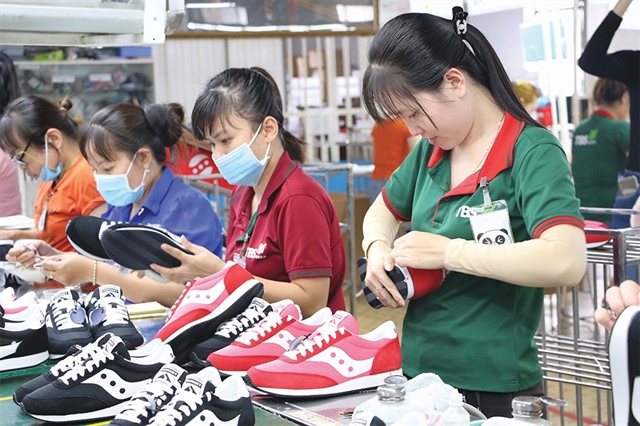
Footwear brands make clear unease over elevated tariffs |
Co-signed by more than 70 leading brands, including Nike, Adidas, Puma, Skechers, and Under Armour, the petition highlights deep concern over the implications of sharply increased import duties, which in some cases would push total tariffs in the future to over 150 per cent.
While the letter did not single out specific countries, its message stems from the broader impact on established manufacturing bases across Southeast Asia, particularly those that have become integral to global brands’ sourcing strategies over the past decade.
“As leading US footwear businesses, manufacturers, and retailers, we urge you to exempt footwear from the reciprocal tariffs,” the letter read. “Given the nature of the US footwear industry, American footwear businesses and families face an existential threat from such substantial cost increases. Many orders have been placed on hold, and footwear inventory for US consumers may soon run low,”
Vietnam, now the second-largest apparel exporter to the US and a key production hub for many of the companies represented in the FDRA, is preparing to enter formal trade discussions as one of six economies prioritised by the US for early tariff consultations.
This follows a wave of diplomatic efforts, including a phone call between Vietnamese Party General Secretary To Lam and US President Donald Trump, and 11 inter-agency meetings chaired by the prime minister to prepare negotiating positions and coordinate policy responses.
The FDRA’s move arrives at a time of heightened volatility in international trade. The US economy contracted by 0.3 per cent in the first quarter of 2025 on-year, and several global institutions have revised down their 2025 growth projections. In this context, the rising cost of consumer goods such as footwear has come under renewed scrutiny.
Dan Sheridan, CEO of Brooks Running, which manufactures 85 per cent of its footwear in Vietnam, also emphasised the irreplaceable value of Southeast Asia’s manufacturing ecosystem in the face of rising tariff risks.
“Making a performance running shoe is incredibly complex. The craftsmanship that has developed over the past 50 years in Southeast Asia can’t just be replicated overnight,” Sheridan said. “The materials, suppliers, and specialised capabilities are deeply embedded in the region. You can’t move 10 years of supply chain development in an instant.”
Sheridan also acknowledged concerns over the broader trade environment but pointed out that market demand remains a guiding factor. “The uncertainty of the trade war is something we monitor closely, but what drives our growth is participation. When more people take up running, especially in emerging markets like China, we have the opportunity to compete and succeed.”
Vietnam has consistently presented itself as a responsible and reliable manufacturing centre, with strong compliance with international labour and environmental standards. The country’s participation in a broad range of free trade agreements has further enhanced its appeal as a trade and investment destination.
In response to growing geopolitical shifts, both foreign-invested and domestic manufacturers have invested in upgrading production capacity, digital traceability, and environmental, social, and governance performance.
Speaking at the government’s regular cabinet meeting on May 6, Finance Minister Nguyen Van Thang stressed that Vietnam had anticipated risks early and responded with proactive diplomacy. The government’s rapid engagement with US counterparts, he said, reflected Vietnam’s commitment to preserving macroeconomic stability and safeguarding investor confidence. The minister also noted that many global firms, including those from the US and EU, continue to expand operations in Vietnam, underscoring the country’s significance in the evolving global supply chain.
- 11:25 15/05/2025



